Product Name: Aluminum Forging
Product Type: Metal Forging
Material: Aluminum
Shape: Customized
Surface Treatment: Anodizing, Powder Coating, Spray Painting, Polishing
Production Process: Die Casting, Press Forging
Advantages:
1. High strength-to-weight ratio
2. Superior mechanical properties
3. Enhanced resistance to fatigue and wear
4. Tight dimensional tolerances
5. Cost-effective production
| Color | Silver |
|---|---|
| Material | Aluminum |
| MOQ | 1 Pcs |
| Sample | Available |
| Place of Origin | China |
Product Details
MINGYU Tech is a specialist in the development and production of everlast forged aluminum for the renewable energy industry. As a leading supplier to the solar, wind and hydropower industries, we have the expertise and capabilities to provide high-quality precision forgings for renewable energy systems. Our teams of engineers work closely with customers to develop innovative solutions that meet the unique requirements of green energy projects. We are committed to providing sustainable and reliable products for a green future.
everlast forged aluminum is a revolutionary manufacturing process that involves shaping and forming aluminum alloys into specific designs by subjecting them to extreme heat and pressure. This process creates high-quality, durable, and lightweight components that are in high demand across various industries.
One of the significant advantages of everlast forged aluminum is its strength and durability. Forged aluminum products have a higher strength-to-weight ratio than those made using traditional casting methods. This makes them ideal for heavy-duty applications that require exceptional strength and reliability, such as aerospace, automotive, and construction. Furthermore, the forging process improves the structural integrity of the aluminum alloy, making it resistant to cracks, fractures, and other deformities. As a result, forged aluminum components are known for their exceptional wear and corrosion resistance, making them suitable for use in extreme environments.
Another advantage of everlast forged aluminum is its versatility. The process allows for intricate and complex designs to be achieved without compromising the strength of the final product. This makes it a preferred choice for manufacturers looking for precision and consistency in their products.
| Place of Origin | China |
| Material | Metal Aluminium Steel Copper Brass |
| Process | Forging+machining+HT+finish Machining |
| Surface treatment | Polishing |
| Application | Machinery Parts |
| Product name | everlast forged aluminum |
| Certificate | TS16949/ISO9001 |
| Color | Customized Color |
| Quality Control | 100% Inspection |
| Lead Time | 10-36 Days |
| MOQ | 1 Piece |
| Supply Ability | 212394 Piece/Pieces per Month |
| Quantity (pieces) | > 536 |
| Lead time (days) | To be negotiated |
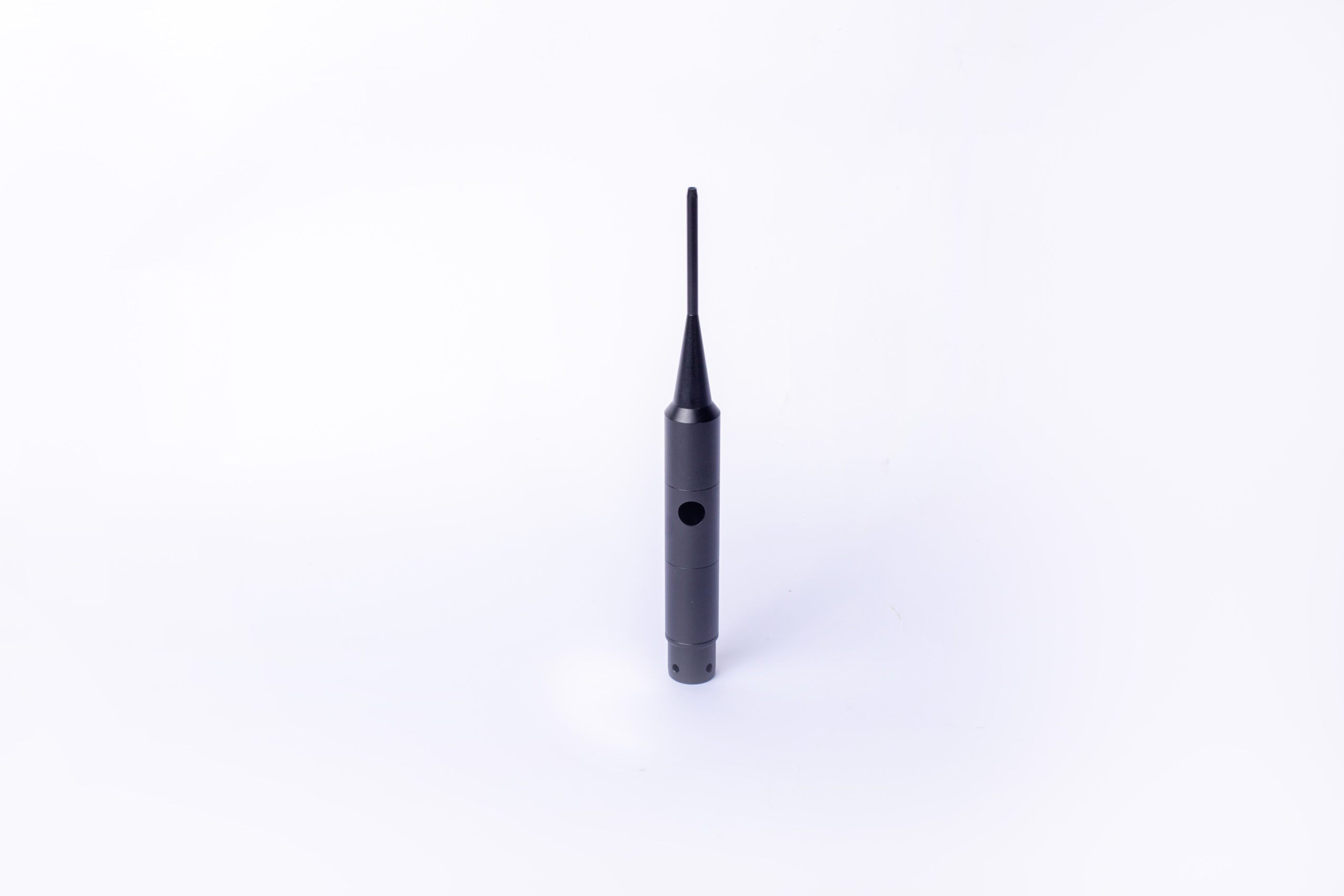
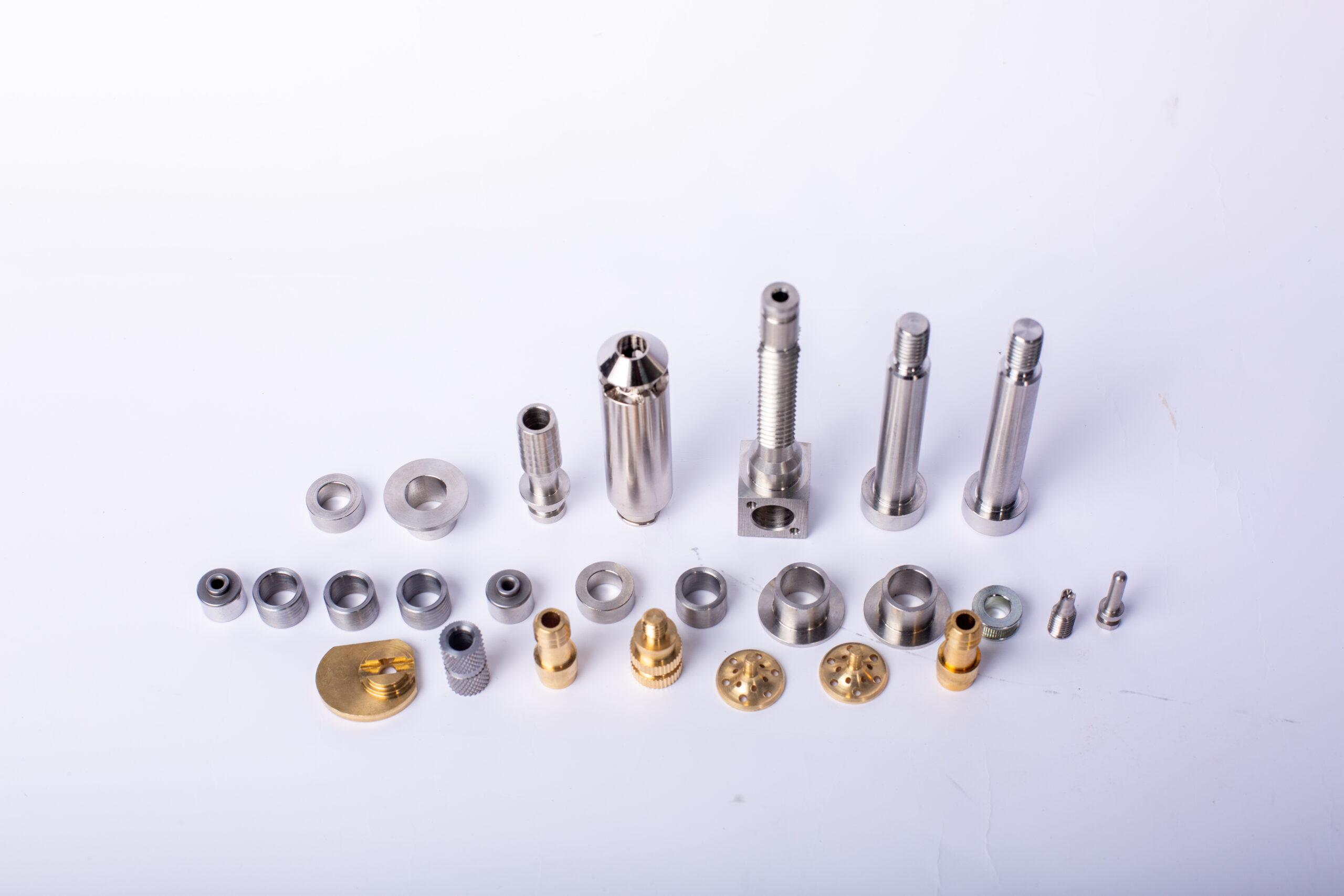
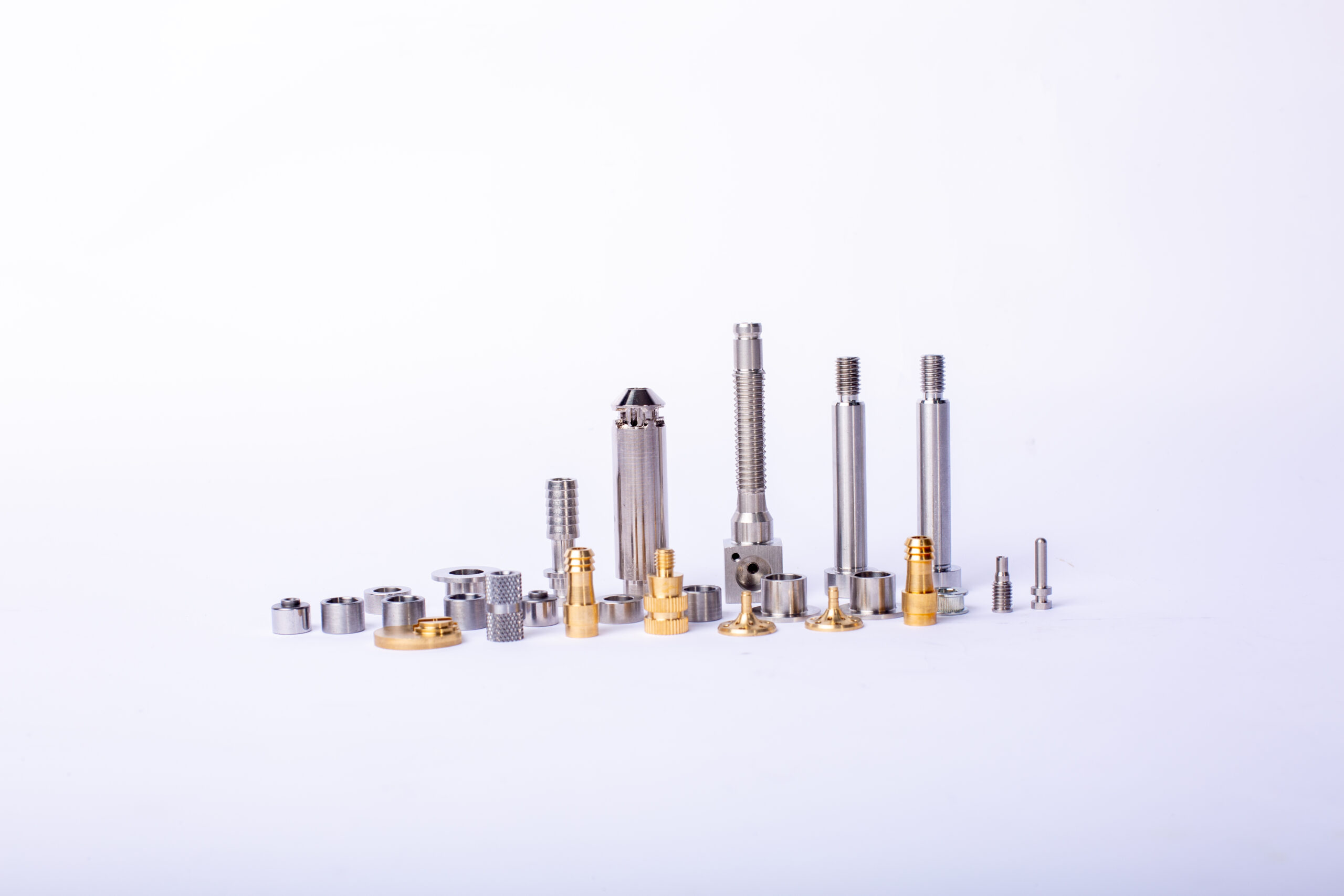
everlast forged aluminum FAQs Guide.
Our company is dedicated to providing high-quality everlast forged aluminum products to meet the needs of various industries. With advanced technology and skilled craftsmanship, we have become a leading manufacturer in the field of everlast forged aluminum. Our products are widely used in aerospace, automotive, and construction industries, just to name a few. We take great pride in our products as they are not only durable and reliable, but also lightweight and eco-friendly. Through this introduction, we hope to showcase the versatility and excellence of our everlast forged aluminum products. Thank you for choosing us as your trusted provider of top-notch everlast forged aluminum products.
1.About the development history of everlast forged aluminum factory
Aluminum forging is a process of forming and shaping metal by hammering, pressing, or rolling. It has been used since ancient times to create tools, weapons, and other objects. The earliest known use of aluminum forging dates back to the Bronze Age, when it was used to create weapons and tools. In the 19th century, aluminum forging became more widely used in the production of industrial components, such as engine parts and aircraft components. Today, aluminum forging is used in a variety of industries, including automotive, aerospace, and medical. Aluminum forging factories have been around since the early 1900s, when they were used to produce parts for the automotive industry. Over the years, these factories have evolved to become more efficient and technologically advanced, allowing them to produce parts with greater precision and accuracy.
2.What industries commonly use everlast forged aluminums?
We attach importance to the innovation ability and team spirit of employees, have advanced R & D facilities and laboratories, and have a good quality management system.
Aluminum forgings are commonly used in the automotive, aerospace, defense, and marine industries. They are also used in the construction, medical, and sporting goods industries.
3.About everlast forged aluminum inventory
Aluminum forging inventory is a collection of aluminum parts that have been forged into a specific shape or size. This inventory is typically used in the manufacturing of parts for various industries, such as automotive, aerospace, and medical. Aluminum forging is a process that involves heating and shaping aluminum into a desired shape or size. This process is often used to create parts that are stronger and more durable than those made from other materials. Aluminum forging inventory can include a variety of shapes and sizes, including rods, bars, tubes, and plates.
4.Are there any unique thermal or electrical properties of everlast forged aluminums?
We maintain a stable growth through reasonable capital operations, focus on industry development trends and cutting -edge technologies, and focus on product quality and safety performance.
Yes, aluminum forgings have unique thermal and electrical properties. Aluminum is a good conductor of electricity and heat, and its thermal conductivity is higher than that of steel. Aluminum also has a high strength-to-weight ratio, making it an ideal material for forging. Additionally, aluminum forgings are corrosion-resistant and have excellent fatigue strength.
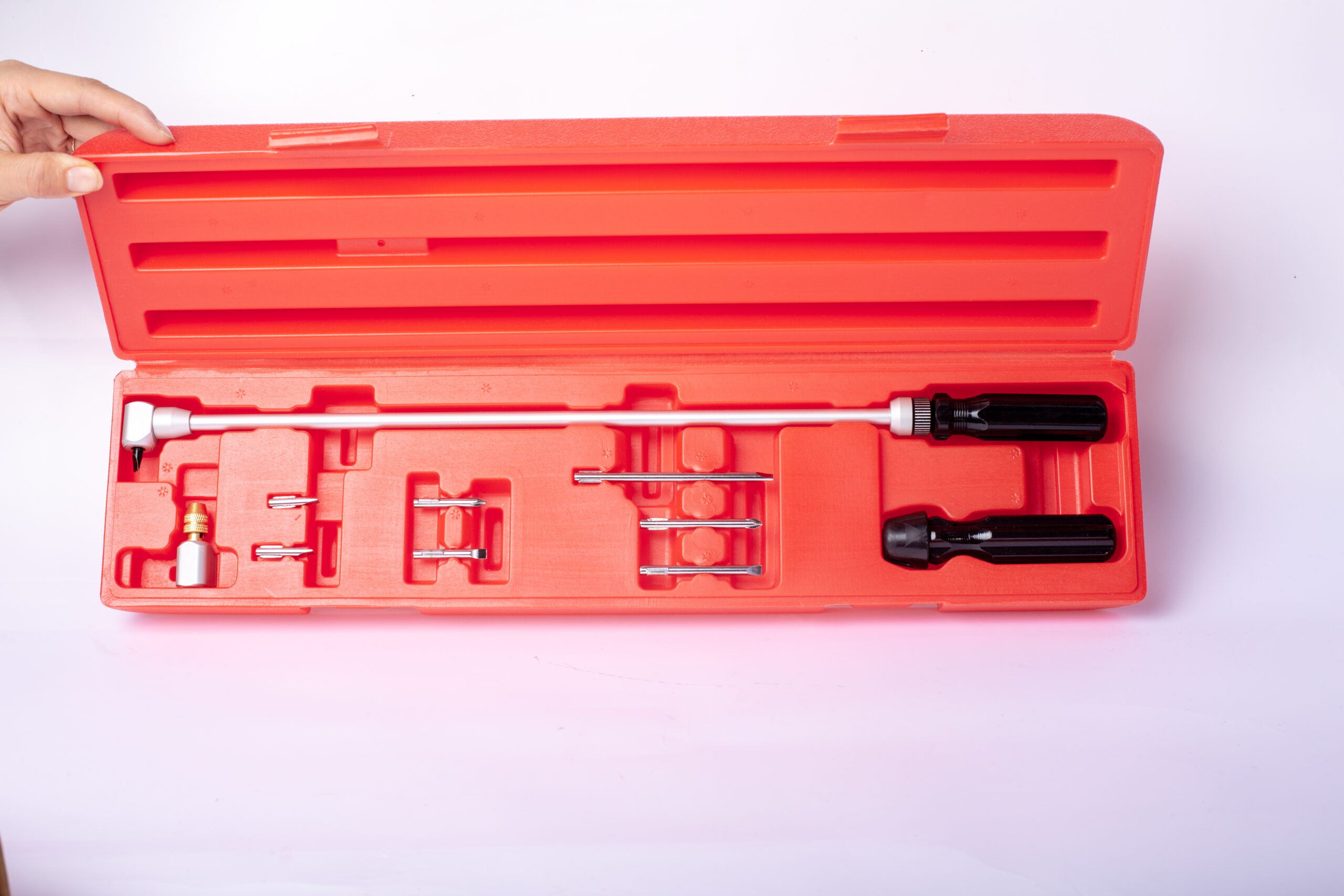
5.Can everlast forged aluminums be coated or plated?
We should have a stable supply chain and logistics capabilities, and provide customers with high -quality, low -priced everlast forged aluminum products.
Yes, aluminum forgings can be coated or plated. Common coatings and platings for aluminum forgings include anodizing, powder coating, and electroplating.
6.What are the different heat treatment processes used for everlast forged aluminums?
We have a first -class management team, and we pay attention to teamwork to achieve common goals.
1. Solution Heat Treatment: This process involves heating the aluminum forging to a temperature above its solidus temperature and then rapidly cooling it. This process is used to improve the strength and hardness of the aluminum forging.
2. Aging: This process involves heating the aluminum forging to a temperature below its solidus temperature and then allowing it to cool slowly. This process is used to improve the strength and hardness of the aluminum forging.
3. Annealing: This process involves heating the aluminum forging to a temperature above its solidus temperature and then allowing it to cool slowly. This process is used to improve the ductility and machinability of the aluminum forging.
4. Stress Relieving: This process involves heating the aluminum forging to a temperature below its solidus temperature and then allowing it to cool slowly. This process is used to reduce internal stresses in the aluminum forging.
5. Normalizing: This process involves heating the aluminum forging to a temperature above its solidus temperature and then allowing it to cool in air. This process is used to improve the strength and hardness of the aluminum forging.
7.What are the quality control measures taken during everlast forged aluminum?
I have a comprehensive after -sales service system, which can pay attention to market trends in time and adjust our strategy in a timely manner.
1. Visual Inspection: Visual inspection is one of the most important quality control measures taken during aluminum forging. This involves inspecting the forged parts for any visible defects such as cracks, porosity, or other surface imperfections.
2. Dimensional Inspection: Dimensional inspection is another important quality control measure taken during aluminum forging. This involves measuring the dimensions of the forged parts to ensure that they meet the required specifications.
3. Chemical Analysis: Chemical analysis is also an important quality control measure taken during aluminum forging. This involves testing the chemical composition of the forged parts to ensure that they meet the required specifications.
4. Non-Destructive Testing: Non-destructive testing is also an important quality control measure taken during aluminum forging. This involves testing the forged parts for any internal defects such as cracks, porosity, or other internal imperfections.
5. Stress Testing: Stress testing is also an important quality control measure taken during aluminum forging. This involves testing the forged parts for any stress-related defects such as cracks, porosity, or other stress-related imperfections.
8.What safety measures should be taken during the handling and transportation of hot everlast forged aluminums?
Our mission is to provide customers with the best solutions for everlast forged aluminum.
1. Wear protective clothing, such as heat-resistant gloves, long-sleeved shirts, and safety glasses.
2. Use appropriate lifting equipment, such as slings, chains, and hooks, to move the hot aluminum forgings.
3. Secure the hot aluminum forgings with straps or chains to prevent them from shifting during transportation.
4. Ensure that the hot aluminum forgings are properly insulated to prevent heat loss.
5. Monitor the temperature of the hot aluminum forgings during transportation to ensure that they do not exceed the maximum temperature limit.
6. Use a fire extinguisher in case of an emergency.
7. Ensure that the hot aluminum forgings are transported in a well-ventilated area.
8. Avoid contact with combustible materials while handling and transporting the hot aluminum forgings.
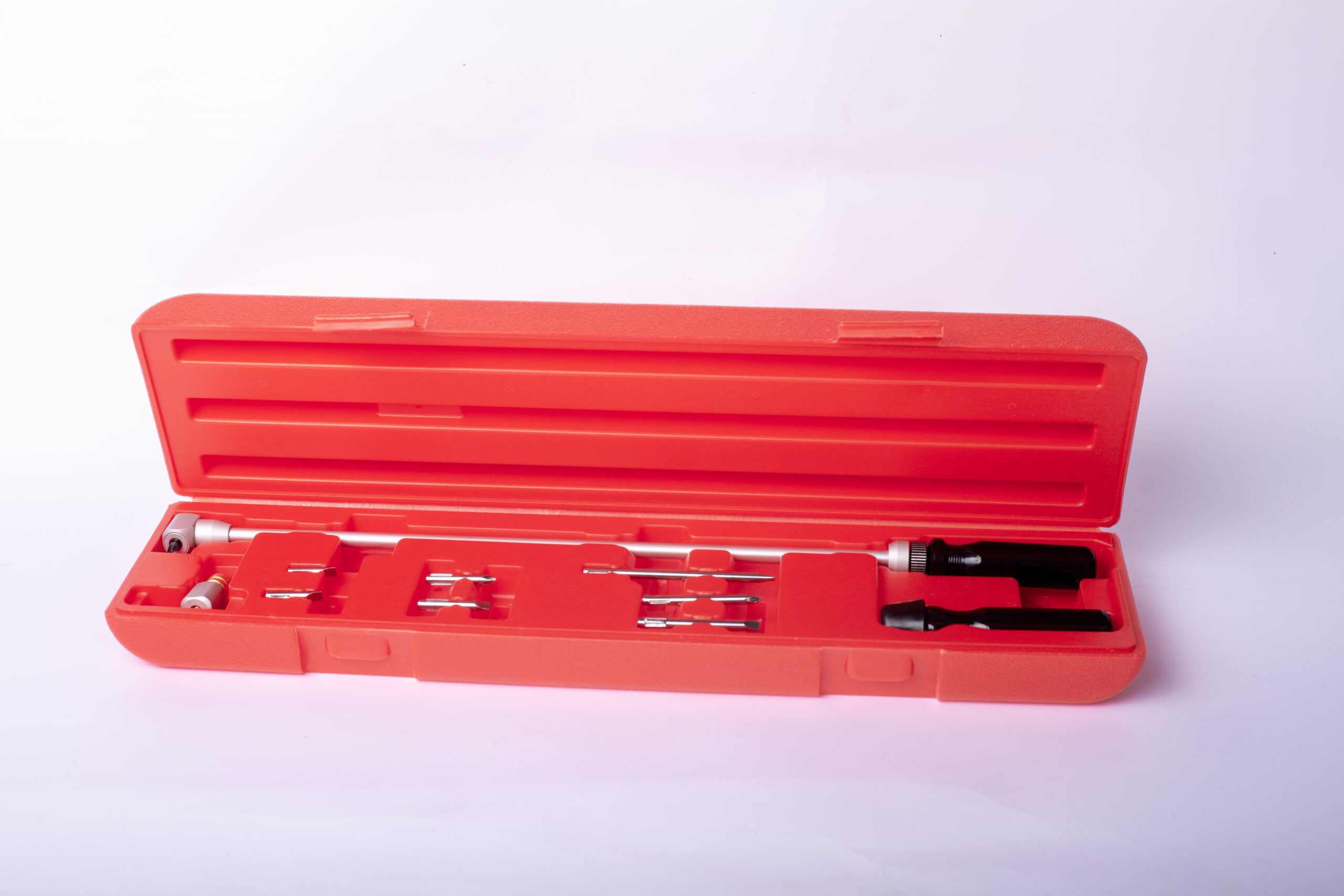
9.Are there any unique design considerations for everlast forged aluminums?
Yes, there are several unique design considerations for aluminum forgings. These include:
1. Designing for the grain structure of the aluminum: Aluminum forgings are produced by a process that creates a grain structure in the metal. This grain structure can affect the strength and ductility of the part, so it is important to consider when designing the part.
2. Designing for the forging process: The forging process can affect the shape and size of the part, so it is important to consider the process when designing the part.
3. Designing for the heat treatment process: Heat treatment is often used to improve the properties of aluminum forgings, so it is important to consider the heat treatment process when designing the part.
4. Designing for the machining process: Machining is often used to finish aluminum forgings, so it is important to consider the machining process when designing the part.
10.What types of products can be made through everlast forged aluminum?
We pay attention to the introduction and training of talents, scientifically regulate the management system, and focus on cultural construction and team cohesion.
Aluminum forging can be used to create a wide variety of products, including automotive parts, aerospace components, hand tools, medical instruments, and industrial machinery. Aluminum forgings can also be used to create decorative items such as sculptures, jewelry, and architectural elements.
11.How do environmental factors, such as temperature and humidity, affect the everlast forged aluminum process?
We focus on teamwork and communication to achieve common goals, We attach great importance to this detail.
Temperature and humidity can have a significant impact on the aluminum forging process. High temperatures can cause the aluminum to become too soft and malleable, making it difficult to form into the desired shape. Low temperatures can cause the aluminum to become too brittle and crack during the forging process. High humidity can cause the aluminum to become sticky and difficult to work with, while low humidity can cause the aluminum to become too dry and brittle. Additionally, high temperatures and humidity can cause the aluminum to corrode more quickly, leading to a shorter lifespan for the forged product.
12.About everlast forged aluminum delivery date
The delivery date for aluminum forging depends on the complexity of the part and the size of the order. Generally, the delivery time for a standard aluminum forging order is between 4-6 weeks. However, if the order is complex or large, the delivery time may be longer.
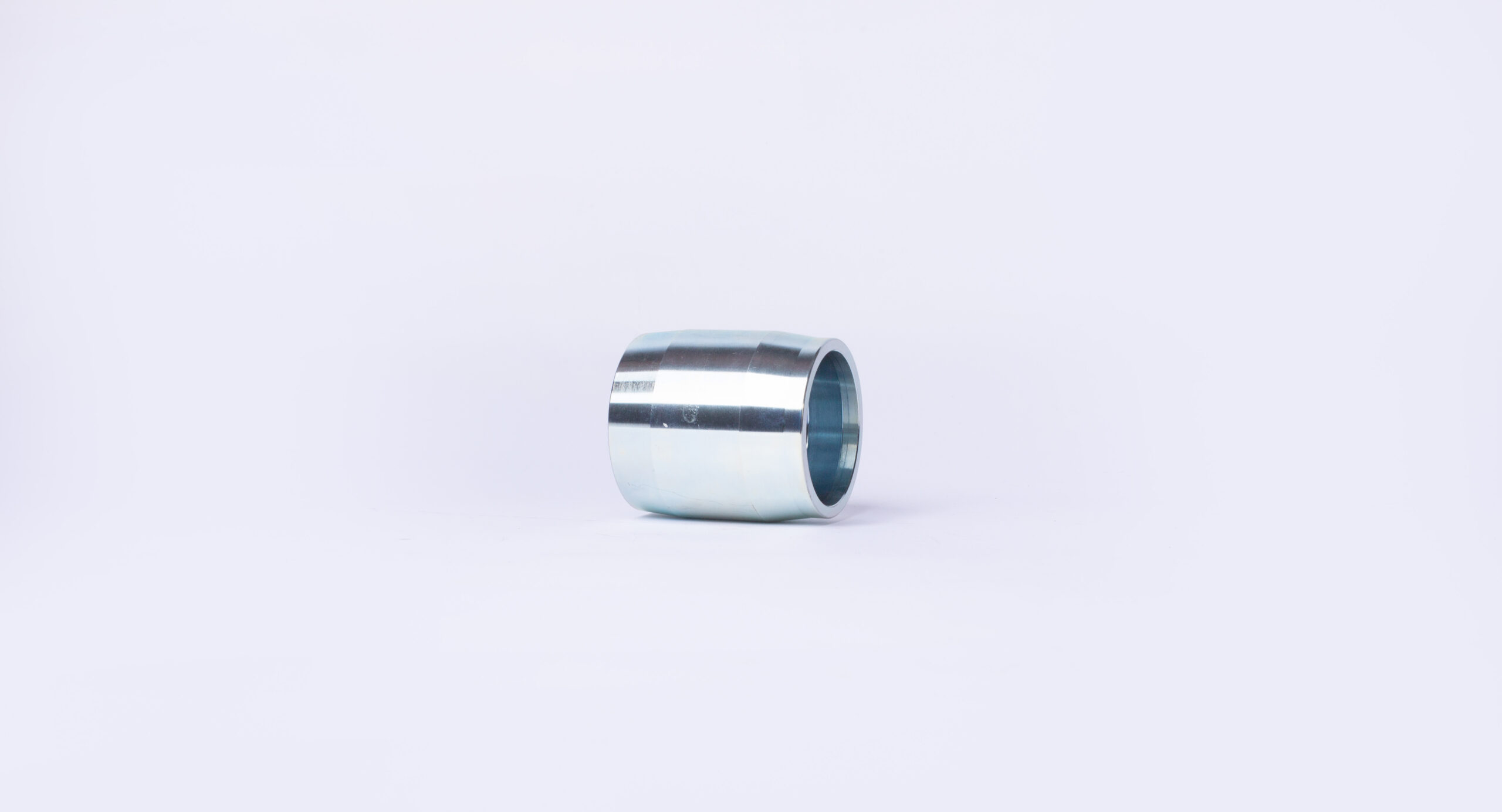
13.Can everlast forged aluminums be used in high-stress applications?
We are a new everlast forged aluminum manufacturer.
Yes, aluminum forgings can be used in high-stress applications. Aluminum forgings are strong and lightweight, making them ideal for applications that require strength and durability. They are also corrosion-resistant and can withstand extreme temperatures, making them suitable for a variety of high-stress applications.
14.What is everlast forged aluminum?
We focus on innovation and continuous improvement to maintain a competitive advantage.
Aluminum forging is a metalworking process in which heated aluminum is shaped into desired shapes and sizes by applying compressive forces. It is a process that is used to create complex shapes and parts from aluminum. The process involves heating the aluminum to a temperature that is just below its melting point and then using a hammer or press to shape it into the desired shape. Aluminum forging is used in a variety of industries, including aerospace, automotive, and medical.
15.Are there any special requirements for handling or storing everlast forged aluminums?
We are centered on customers and always pay attention to customers’ needs for everlast forged aluminum products.
Yes, aluminum forgings should be stored in a dry, cool, and well-ventilated area away from direct sunlight and other sources of heat. Additionally, aluminum forgings should be handled with care to avoid damage and should be stored on a flat surface to prevent warping.
16.What factors affect the strength and hardness of everlast forged aluminums?
Our everlast forged aluminum products have competitive and differentiated advantages, and actively promote digital transformation and innovation.
1. Alloy composition: The alloy composition of aluminum forgings affects the strength and hardness of the material. Different alloying elements can be added to aluminum to increase its strength and hardness.
2. Heat treatment: Heat treatment is an important factor in determining the strength and hardness of aluminum forgings. Different heat treatments can be used to increase the strength and hardness of aluminum forgings.
3. Grain size: The grain size of aluminum forgings affects the strength and hardness of the material. Smaller grain sizes can increase the strength and hardness of aluminum forgings.
4. Stress relief: Stress relief is an important factor in determining the strength and hardness of aluminum forgings. Stress relief can be used to reduce internal stresses in the material, which can increase the strength and hardness of aluminum forgings.
5. Surface finish: The surface finish of aluminum forgings affects the strength and hardness of the material. A smoother surface finish can increase the strength and hardness of aluminum forgings.

Tag:aluminum alloy forging parts,plaster aluminum forge,brass and aluminum forging,aluminum forgings 7075-t6,aluminum hand forge
Product Inquiry
We will respond within 12 hours, please pay attention to the email “@163.com” or “@alumforge.com”.
Also, you can go to the Contact Page, which provides a more detailed form, if you have more inquiries for products or would like to obtain OEM service.
Our sales experts will respond within 24 hours, please pay attention to the email with the suffix “@163.com”.